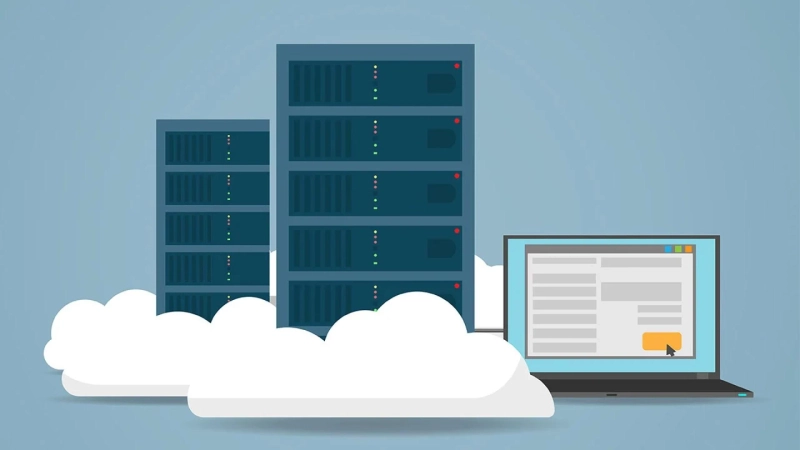In the realm of establishing your business’s online footprint, one critical aspect often overshadowed is selecting the right hosting service. Your choice profoundly impacts website performance, security protocols, and scalability potentials. With a plethora of hosting options available, confusion may arise regarding the ideal fit for your enterprise. In this informative discourse, our team at Data Center Service Provider in Ahmedabad delves into the significance of hosting, its diverse variants, and the advantages and drawbacks inherent in each.
Exploring Hosting Varieties
Shared Hosting
Shared hosting, akin to a communal living space for websites, entails multiple sites sharing resources on a single server. Primarily embraced by small-scale businesses and individuals embarking on uncomplicated web ventures.
Advantages: Budget-friendly and user-centric, it alleviates technical burdens on users.
Disadvantages: Inadequate for high-traffic or feature-laden sites, leading to resource limitations and slower load times.
Dedicated Hosting
Resembling owning a bespoke estate, dedicated hosting dedicates an entire server to a single website. Ideal for large enterprises or high-traffic websites necessitating optimum performance and control.
Advantages: Offers unparalleled resource accessibility, enhanced security, and performance.
Disadvantages: Comes with a premium price tag and entails intricate server management.
Also Read : How Does Data Center Colocation Enable Digital Transformation?
VPS Hosting
Virtual Private Server (VPS) hosting represents an upgraded iteration of shared hosting, akin to owning an individual apartment within a complex. Multiple virtual servers coexist on a single physical server.
Advantages: Superior performance and scalability over shared hosting, with dedicated resources and customization options.
Disadvantages: Higher cost and slightly complex server management, particularly for non-technical users.
Cloud Hosting
Harnessing the power of interconnected servers in the cloud, cloud hosting ensures heightened uptime and facilitates flexible, scalable hosting solutions tailored to fluctuating traffic volumes.
Advantages: Cost-effective, pay-as-you-go model, ideal for businesses seeking reliability and adaptability.
Disadvantages: Pricing structures dependent on resource consumption may pose budgetary challenges, coupled with a relatively complex administrative process.
Crucial Factors in Hosting Selection
Traffic Volume
Assess your website\'s traffic volume to determine the appropriate hosting solution. While shared hosting suffices for low-traffic sites, high-traffic platforms typically demand VPS, dedicated, or cloud hosting.
Budget
Align your hosting choice with your budgetary constraints. While shared hosting presents the most economical option, higher-tier solutions deliver superior performance, warranting a commensurate investment.
Technical Skills
Gauge your team\'s technical prowess. Shared hosting suits those lacking technical expertise or desiring to focus solely on business operations sans server management concerns.
Security Requirements
Evaluate the security imperatives of your website. E-commerce platforms or those handling sensitive data may necessitate dedicated hosting for robust security features.
Scalability
Anticipate future growth trajectories. For managed traffic and robust scalability, cloud or VPS hosting emerges as the optimal choices.
Conclusion
Selecting the right web hosting solution for your business is a pivotal decision, directly influencing website performance, security, and scalability. Prioritize comprehending your requirements before making an informed choice. Armed with this knowledge, opt for a hosting solution that seamlessly bolsters your business’s online presence, ensuring sustained effectiveness and growth.


